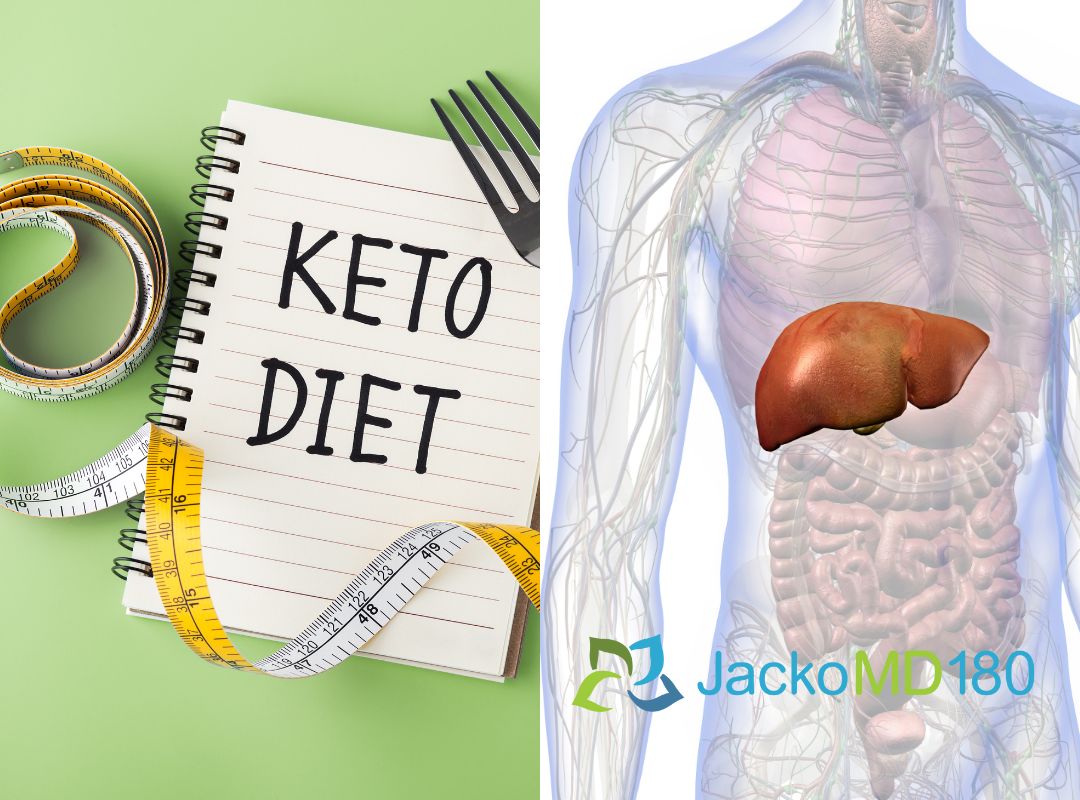Can Keto Diet Cause Gallbladder Problems? Gallbladder problems can occur on a keto diet. Rapid weight loss regardless of the...

Can Keto Diet Cause Gallbladder Problems? Gallbladder problems can occur on a keto diet. Rapid weight loss regardless of the...